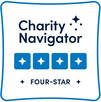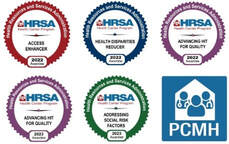|
How to prevent catching and spreading the flu and other respiratory viruses:
Since the beginning of the year, everyday we hear in the news about the COVID-19 (coronavirus) epidemic. The number of cases, the number of deaths, the number of countries affected keep growing. This epidemic is different from previous episodes of coronavirus infections (SARS in 2002-2003 that affected 8,000 people and killed 774; MERS in 2012 that affected 2,500 people and killed 858). The COVID-19 virus appears to infect more people but has a lower mortality rate (around 2%, and mainly among older people with chronic underlying medical conditions). So far the COVID-19 virus has not been as devastating as the flu, which affects 9 to 49 million and kills between 10 to 80 thousand individuals each year in the US, alone. As of the end of February, this flu season has affected 29 million people in the US, and killed 105 children. The worry is that the COVID-19 virus could become a pandemic. The worst pandemic so far was from the Spanish Flu in 1918-1919 that killed 50 to 100 million people around the world. Aside from the flu vaccine, the best way to protect ourselves from these infectious risks is to follow the basic hygiene instructions as suggested by the CDC for the prevention of the flu:
0 Comments
|
Archives
March 2020
CategoriesE-newsletter Archive |
|

 RSS Feed
RSS Feed


